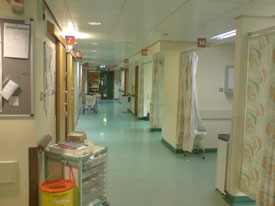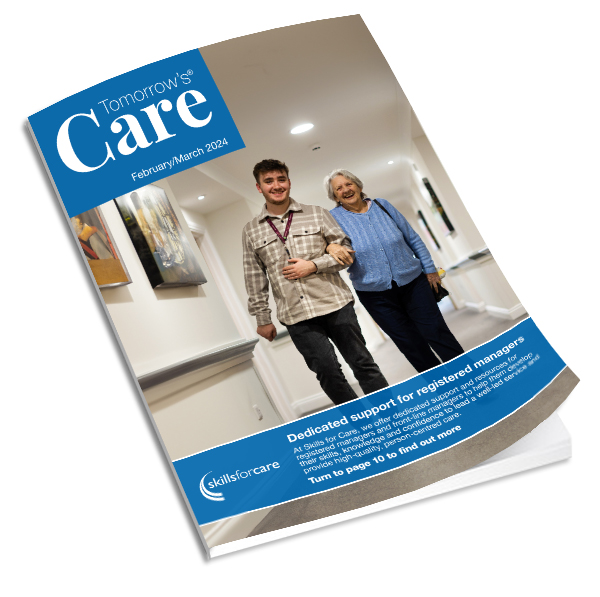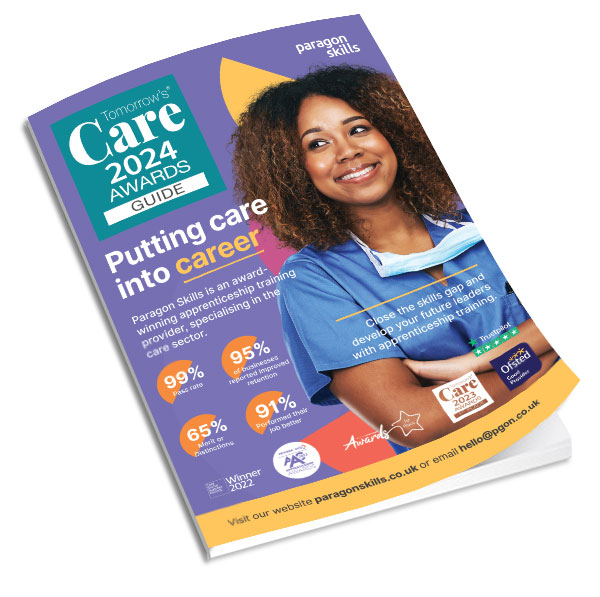You are here
- Home
- >
- Fifth of carers forced to use A&E due to failing community servi
Fifth of carers forced to use A&E due to failing community services

Published on 06/07/2016
1 in 5 carers have said they had no option but to take a loved one to A&E in the past year because they couldn’t access out of hours services, new research from Carers UK has shown.
The report, Pressure points, found that a reduction in local care and support services provision is leading to increasing pressures on the NHS, with A&E visits and hospital admissions numbers rising.
Carers identified serious difficulties accessing primary and community support services, with 1 in 10 saying they didn’t know where else to go, apart from A&E.
The charity’s report comes as the NHS prepares for its annual challenge of increased A&E visits and hospital admissions during the winter months.
The study from the charity found that over 50% of carers who used A&E in the past 12 months believe their admission could have been prevented with more or higher quality support for the person they care for.
The report also found that 32% carers felt they needed more local support and 25% wanted access to a district nurse.
There were over 500,000 more visits to A&E in the first quarter of 2016 than the same period last year.
Over half of carers said that the person they care for had been discharged from hospital too early, with 12% saying their loved one had to be readmitted as a result.
Heléna Herklots, Chief Executive of Carers UK, said: “The majority of care provided in England is not by doctors, nurses or care workers, but by family and friends. These carers have told us that they aren’t able access the support they need, when they need it, from community health and care services, so they are reluctantly having to turn to A&E.
“What’s more, a lack of consultation, support and information at the point their loved one is discharged from hospital means that many families are taking on a caring role in a crisis and feel unprepared. This isn’t sustainable and is leading to many people being readmitted to hospital shortly after they’ve been discharged, piling more pressure on an already stretched NHS.
“With more and more families picking up caring responsibilities and older people with care needs being encouraged to stay at home for longer, a step-change is urgently needed to boost investment in community services and involve carers in decisions about the support they, and their loved ones, need to manage at home.”
Categories
- CQC ratings
- Care home news
- Care jobs
- Care planning
- Care sector awards
- Care sector events
- Care sector news
- Care staff
- Charity
- Cleaning & Hygiene
- Construction
- Dementia
- Disability
- Entertainment
- Finance
- Fitness
- Food & Drink
- Fundraising
- Furniture
- Health & Safety
- Healthcare
- Hospice & Palliative Care
- Hospitals
- Industry Comment
- Interiors
- Laundry
- Legal
- Leisure
- Medication
- Mental Health
- Mobility
- New appointments
- PPE
- Products
- Property
- Recruitment
- Relationships
- Research
- Safeguarding
- Security
- Services
- Social care
- Sustainability
- Technology
- Training
- Transport
- Uniforms
- Waste
- Wearables

















